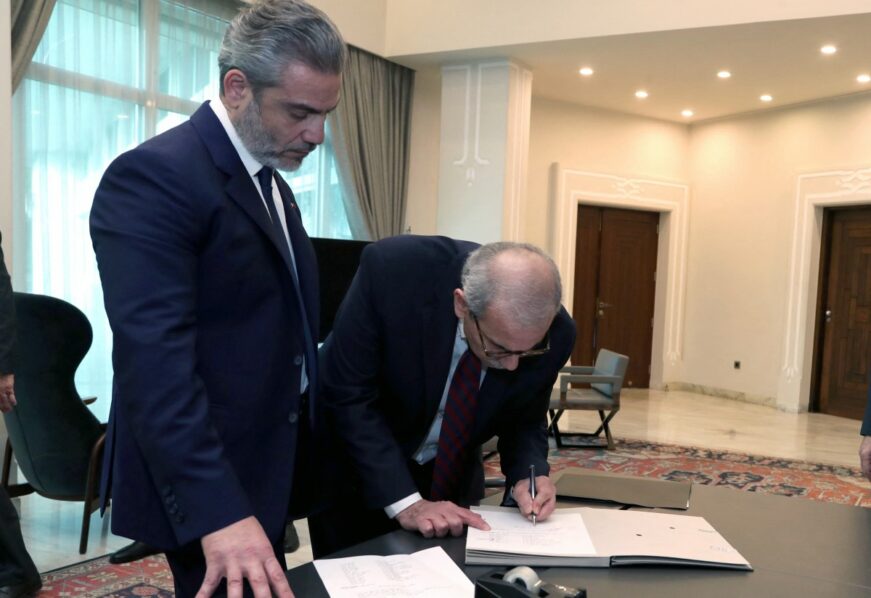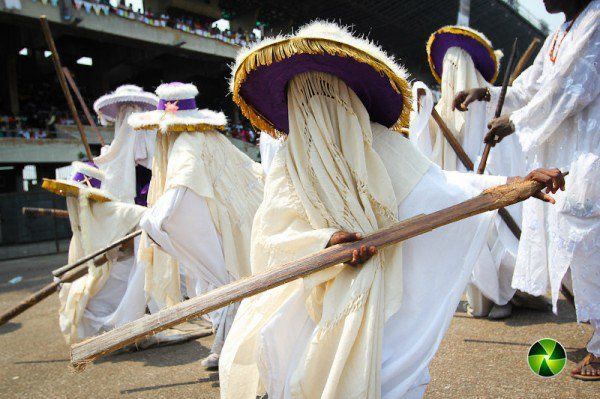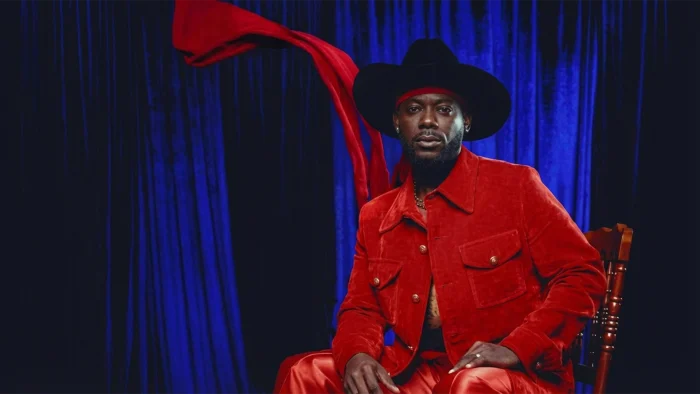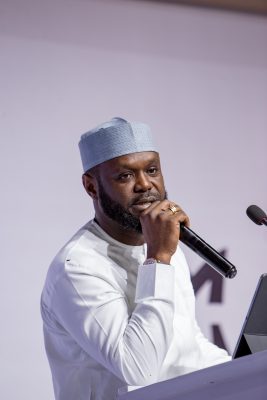
Lebanon’s presidency announced on Saturday that a new government had been formed, after more than two years in which an interim cabinet had led the crisis-hit country.
President Joseph Aoun signed a decree “to form a government of 24 ministers”, the presidency said in a post on X.
It also announced two other decrees, in which the newly appointed president “accepted the resignation of (caretaker) prime minister Najib Mikati’s government” and formally appointed “Prime Minister Nawaf Salam to form the government”.
After more than two years of political stalemate, the weakening of armed group Hezbollah in war with Israel has allowed former army chief Aoun to be elected president and Salam approved as premier.
The new government faces the daunting task of implementing reforms needed to unlock billions of dollars from international donors after years of economic crisis, overseeing a fragile Israel-Hezbollah ceasefire and rebuilding a war-scarred country.
It will also have to review agreements including with the International Monetary Fund and prepare for parliamentary elections scheduled for next year.








